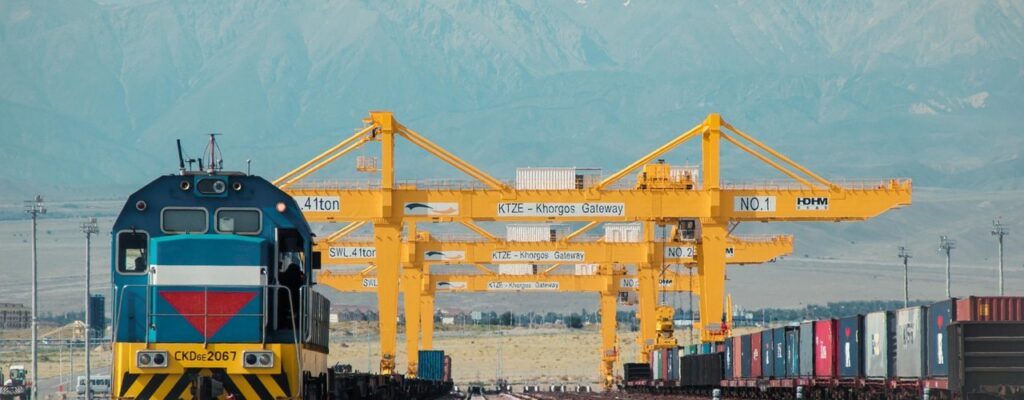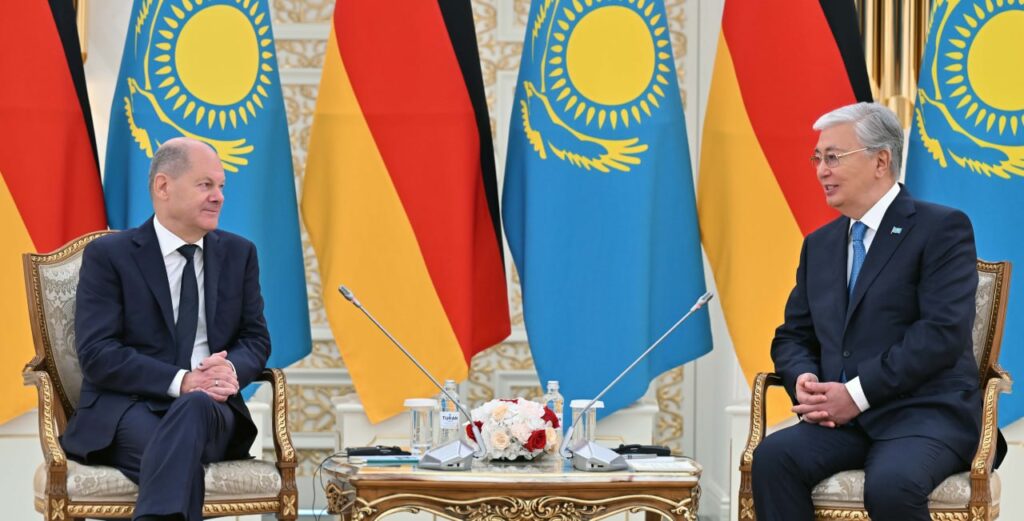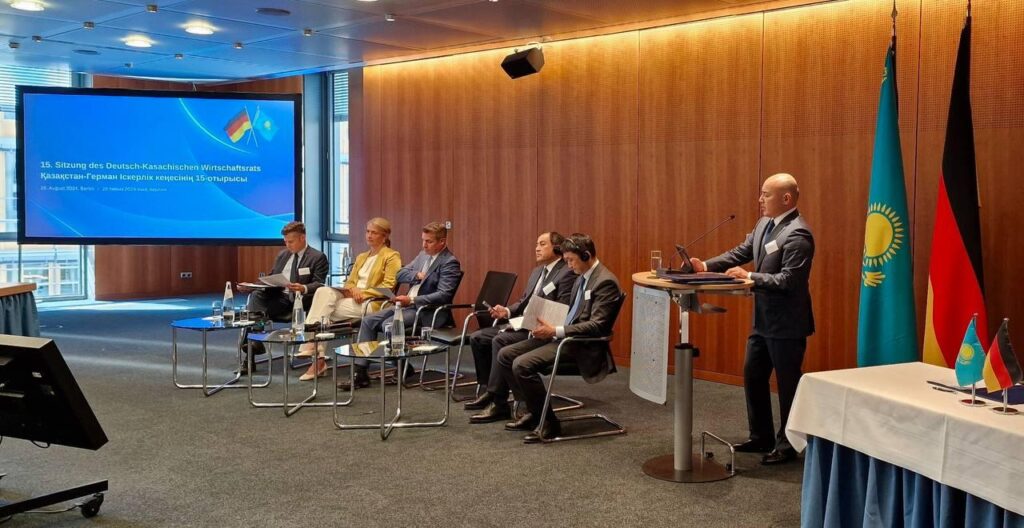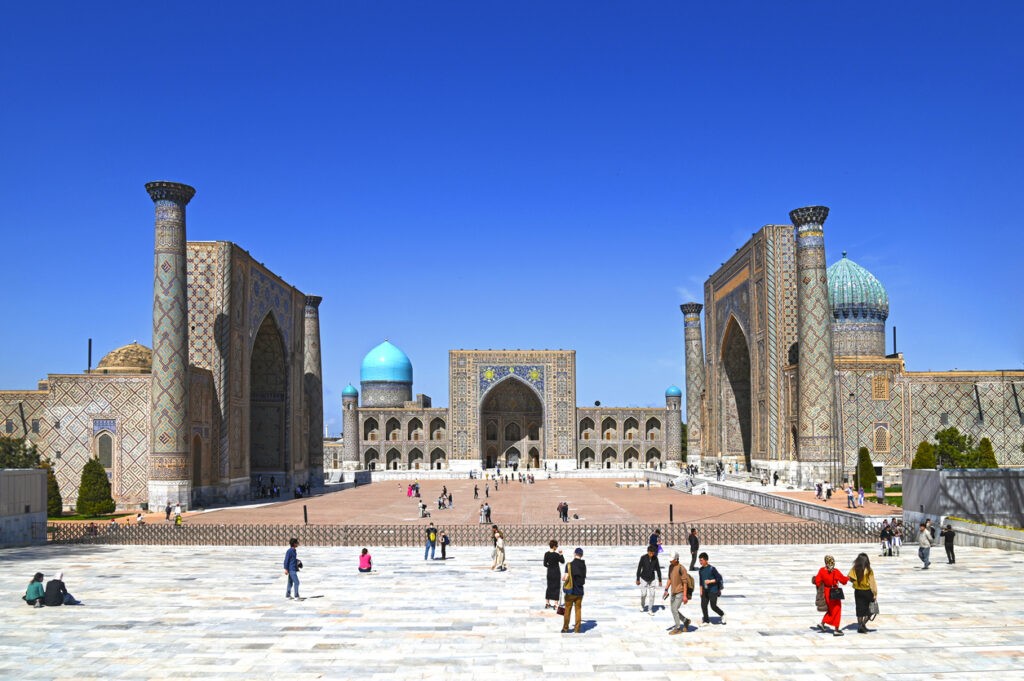Kazakh-German Consortium to Build Cargo-Passenger Airport in Khorgos–Eastern Gate SEZ
On September 16, Kazakhstan’s Ministry of Transport and Kazakh-German consortium SKYHANSA signed a framework agreement on a project to construct a cargo-passenger airport in the special economic zone (SEZ) Khorgos-Eastern Gate on the border between Kazakhstan and China. The document was signed as part of the official visit of Germany’s Federal Chancellor Olaf Scholz to Kazakhstan. The Khorgos–Eastern Gate SEZ is located in Kazakh territory, one kilometer from the state border and China’s border city, Khorgos. The SEZ is strategically located on the route of the Western Europe – Western China highway. It is also a central hub on the Trans-Caspian International Transport Route (TITR) that connects China and Europe. The SEZ includes a dry port and a multimodal logistics zone. The first stage of construction of a China-Kazakhstan industrial park on the territory of the SEZ began in November 2023. The Kazakh-German project involves the construction of an airport with a passenger terminal capable of handling up to 500 passengers per hour, a cargo terminal capable of handling up to 250,000 tons per year, a fuel storage facility capable of holding 550,000 tons, a technical center for servicing aircraft, and tourism, shopping, and entertainment facilities. Private investments in the project are expected to exceed $500 million, and more than 300 permanent jobs will be created. The administration of Kazakhstan’s Zhetysu region, where the SEZ is located, has now allocated a land plot for the airport's construction, and the investor plans to begin construction works after concluding the Investment Agreement.






